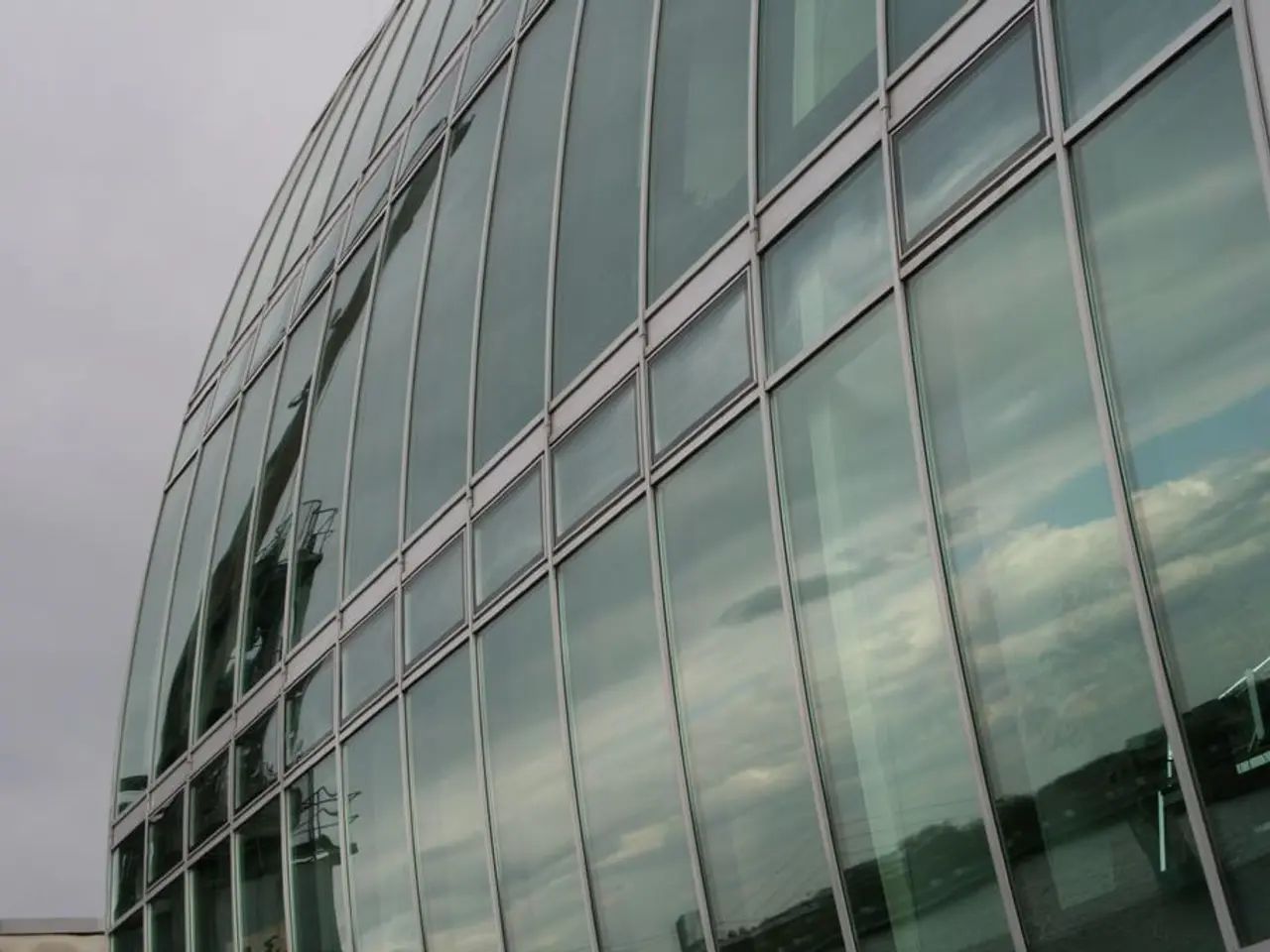Urban Mobility Within the City Remains Car-Centric
The 21st Mobility Report, titled "Audimob - Mobility Styles and Behaviors of Italians," unveiled today in Rome, highlights a growing commitment to eco-friendly transport solutions and smart infrastructure in Italy.
The report, presented in collaboration with Cnel, reveals a notable improvement in the use of sustainable transport in the first half of 2024 compared to the same period in 2023. This recovery in sustainable transport usage represents a positive development, with an improvement in performance of almost 3 points.
Il Sole24Ore previewed the report, which underscores several key trends in sustainable mobility in Italy. These trends include increased investment in public transport infrastructure, electrification of urban bus fleets, advances in smart transportation solutions, and a shift in traveler preferences towards sustainable and responsible transport modes.
Lombardy, for instance, has allocated €97 million for 2025 to modernize and electrify buses and trams, improve interchange nodes, and enhance service efficiency with real-time data. The aim is to reduce congestion and car dependency. Bari, meanwhile, has deployed 42 electric buses, supporting Italy's alignment with the EU Green Deal targets for sustainable transport.
The report also emphasizes the importance of technological integration, such as AI for optimized operations, personalized travel experiences, and demand forecasting, particularly in the tourism and mobility sectors. Smart transportation solutions driven by urbanization, including automation and integrated mobility systems, are also highlighted as crucial for improving efficiency and sustainability across cities.
Despite these advancements, cars remain the preferred choice for urban travel in Italy. The increase in sustainable multimodality is not sufficient to significantly impact the number of four-wheeled trips. However, the report suggests that a shift towards sustainable mobility options is a consistent focus for Italy, aligning with broader EU environmental goals and urban sustainability strategies.
Scientific support for the report is provided by Agens and Asstra. The Fnc also offers its support. The improvement in sustainable transport in the first half of 2024 is a positive sign for the future of green transport in Italy, indicating a significant shift compared to the same period in 2023.
The growing commitment to eco-friendly transport solutions in Italy is evidenced by the increased investment in public transport infrastructure, such as the €97 million allocated for bus and tram modernization and electrification in Lombardy for 2025, and the deployment of 42 electric buses in Bari. Furthermore, technological integration, like AI for optimized operations, personalized travel experiences, and demand forecasting, are crucial for promoting sustainable transportation in the tourism and mobility sectors, aligning with the automotive industry's push for smart transportation solutions.




